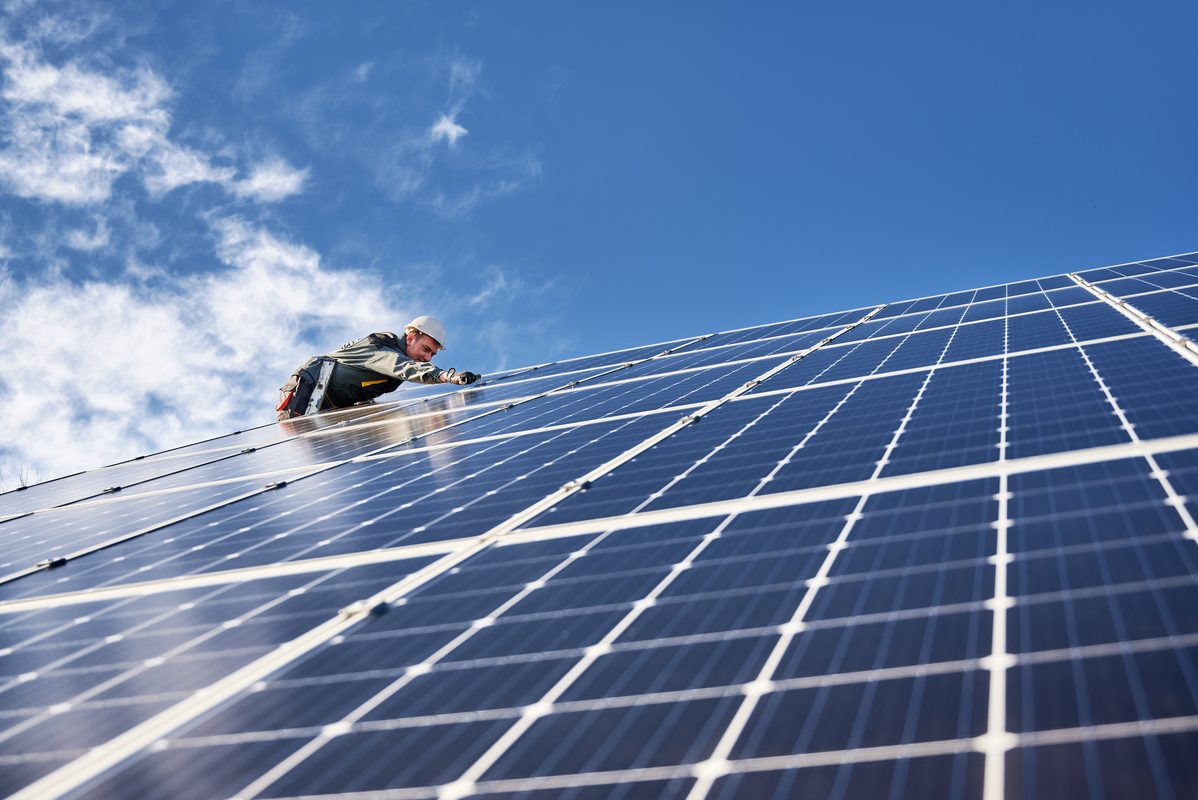Photovoltaic companies turn to the EU government and demand, among other things, emergency purchases of their stocks.
In light of the sharp drop in prices for solar modules and considerable overcapacity in warehouses, Europe’s photovoltaic industry fears insolvency. In a letter (PDF), the association SolarPower Europe and numerous industry representatives now addressed the EU Commission and Parliament.
Prices for photovoltaic modules have fallen by more than 25 percent since the beginning of the year, the letter adds. The high global demand during the pandemic has led to extensive investments in value chains and “fierce competition between Chinese suppliers” for market share, it says. The result: overcapacity and rapidly falling prices for raw materials ranging from silicon to modules, inverters, and batteries. Other factors such as bottlenecks in grid connections and project approvals are also contributing to the slowdown in photovoltaic demand, SolarPower Europe states.
European manufacturers are currently unable to sell their products to cover costs, Handelsblatt (paywall) reports, mainly because of low-cost competition from China. More than 500 megawatts of solar modules are currently in warehouses, according to the newspaper, 30 percent more than usual.
EU Targets for Domestic Photovoltaic Industry in Risk
This market dynamic is not unknown in global commodity markets, the letter continues, but urgent action is needed considering the EU goals to revitalize the domestic solar industry and broaden supply chains. The solar industry is therefore calling on the European Commission and member states to take “rapid emergency action” on its module stocks, such as for the green reconstruction of Ukraine. Other proposed emergency measures include the establishment of a bank for the solar industry at the EU level, like the hydrogen bank, to bring buyers and bidders together with the best offers and make up the difference with government money. In addition, demand for photovoltaics in particular needs to increase, for example by implementing the EU Urgency Regulation (PDF) to accelerate renewable energy.
Photo: iStock/anatoliy_gleb


